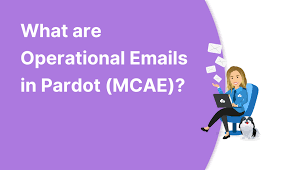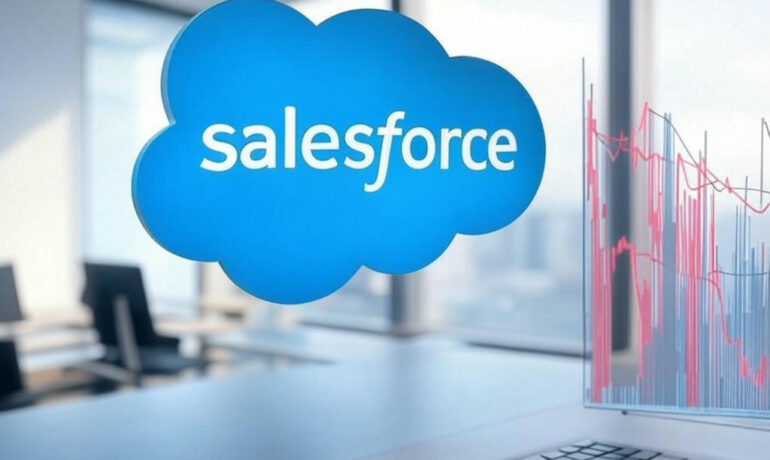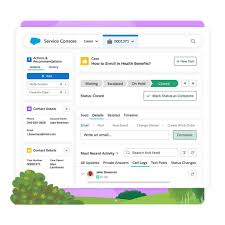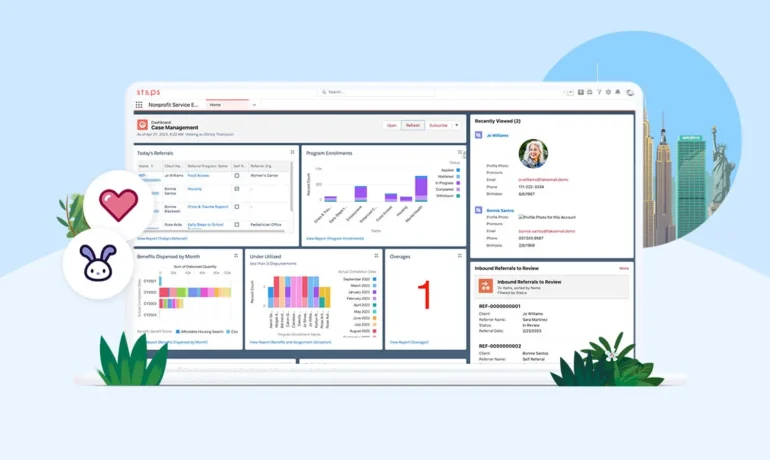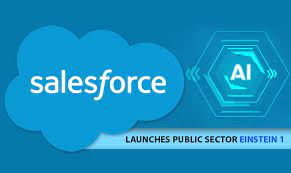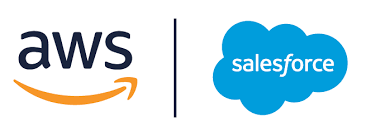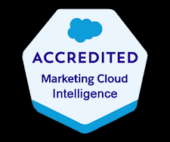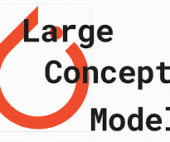Transactional Operational Emails and Account Engagement
Summer ’24 Salesforce Release: A Game-Changer for Marketing Cloud Account Engagement, formerly Pardot The Salesforce Summer ’24 release notes are here, bringing with them one of the most anticipated features for Marketing Cloud Account Engagement (MCAE/Pardot). The ability to send operational emails in Engagement Studio has long been requested, earning the fifth most points in the Account Engagement category on the IdeaExchange. Transactional Operational Emails and Account Engagement are here! What is an Operational Email? Operational emails are informational and differ from marketing emails. Operational emails include transactional emails such as receipts, shipping acknowledgements, etc. But when using the label operational or transactional you must refrain from including marketing content. Marking an email as “operational” allows it to bypass the recipient’s opt-in status, ensuring delivery even if the subscriber has opted out. However, it’s crucial to use operational emails correctly to maintain your sending reputation and comply with the CAN-SPAM Act. Enabling Transactional Operational Emails and Account Engagement To enable operational emails in MCAE: Only Account Engagement Admin users and custom user roles can send operational emails. Sending Operational Emails with Engagement Studio Previously, operational emails could only be sent through list sends, requiring manual audience selection, email content creation, and sending. Now, operational emails can be sent directly from Engagement Studio, where recipients are enrolled based on user-defined criteria, and emails are automatically sent according to your parameters. Practical Applications Imagine you’re a SaaS company needing to communicate about planned system outages. Instead of setting up multiple operational list sends, you can create an Engagement Studio program to automate outage and issue-resolved notifications. Another scenario could involve notifying customers about upcoming product license expirations. An Engagement Studio program can be set to send timely renewal reminders, eliminating the need for manual list sends. Other potential use cases include: Effective use of operational emails in Engagement Studio requires planning: crafting appropriate email content, ensuring accurate data for recipient targeting, and complying with the Marketing Cloud Account Engagement Permission Based Marketing Policy. Limitations Salesforce has outlined several limitations for using operational emails in Engagement Studio: A Significant Advancement in Email Marketing This new feature greatly enhances efficiency for marketers and improves customer experiences by ensuring timely delivery of crucial information without manual intervention. Like Related Posts Salesforce OEM AppExchange Expanding its reach beyond CRM, Salesforce.com has launched a new service called AppExchange OEM Edition, aimed at non-CRM service providers. Read more The Salesforce Story In Marc Benioff’s own words How did salesforce.com grow from a start up in a rented apartment into the world’s Read more Salesforce Jigsaw Salesforce.com, a prominent figure in cloud computing, has finalized a deal to acquire Jigsaw, a wiki-style business contact database, for Read more Service Cloud with AI-Driven Intelligence Salesforce Enhances Service Cloud with AI-Driven Intelligence Engine Data science and analytics are rapidly becoming standard features in enterprise applications, Read more

